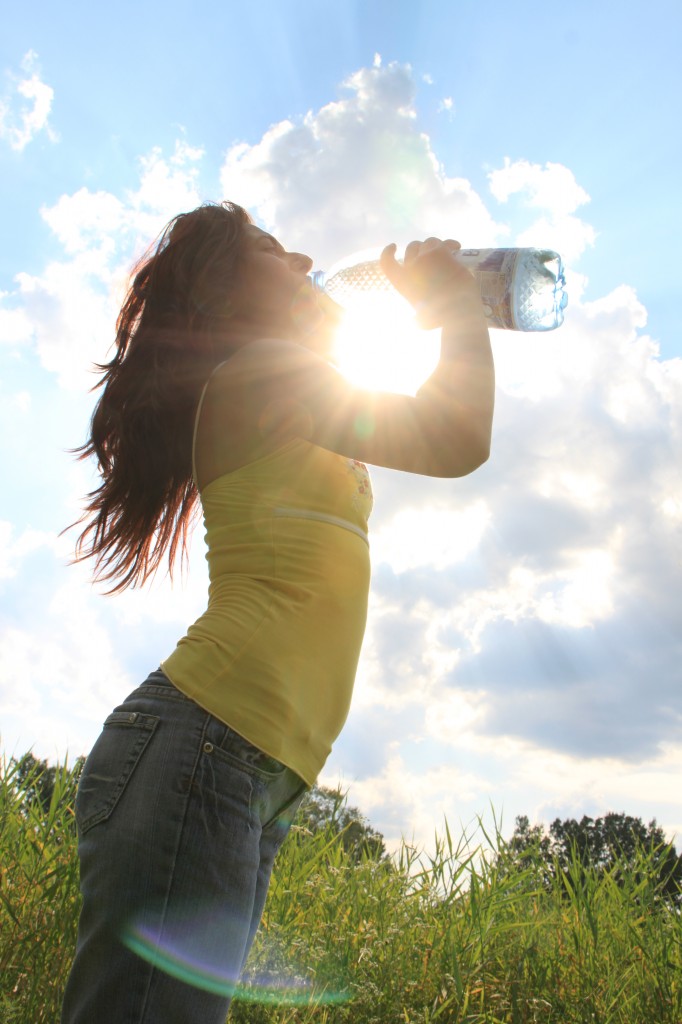 Heatwaves can pose a threat to people and animals and have a detrimental impact on communities. They affect many parts of everyday life such as health and wellbeing, energy and infrastructure, public transport and agriculture. They can also contribute to an increased fire risk and heat stressed trees, which pose a significant threat to public safety.
Heatwaves can pose a threat to people and animals and have a detrimental impact on communities. They affect many parts of everyday life such as health and wellbeing, energy and infrastructure, public transport and agriculture. They can also contribute to an increased fire risk and heat stressed trees, which pose a significant threat to public safety.
Know the symptoms of heat related illness
- Sunburn
- Heat rash
- Heat exhaustion
- Tiredness and weaknesses
- Dizziness
- Flushed or pale skin
- Cramps
- Heat stroke
- Fainting/collapse
- Headache
- Rapid pulse
- Changes to the level of consciousness (e.g. disorientation, drowsiness)
Who needs to take special care?
- Babies and children under four years
- Pregnant women
- People with a chronic condition or illness
- Seniors
How to Prepare for a Summer Heatwave
Drink water regularly and eat sensibly
- DRINK 2 to 3 litres of water a day at regular intervals (even if you do not feel thirsty). Sports drinks do not replace water. If your fluid intake is limited on medical advice then check with your doctor on how much you should drink during hot weather.
- AVOID alcoholic drinks, carbonated soft drinks, tea and coffee as they worsen dehydration.
- Eat as you normally would but try to eat COLD FOODS, particularly salads and fruit which contain water.
- AVOID heavy protein foods (e.g. meat, dairy products) which raise body heat and increase fluid loss.
Keep out of the heat
- Plan your day to keep activity to a minimum during the hottest part of the day.
- If you must go out then wear lightweight, light-coloured, loose, porous clothes, a wide-brimmed hat and sunscreen and regularly rest in the shade and drink fluids.
- AVOID going out in the hottest part of the day (11.00am - 3.00pm), where possible.
- AVOID strenuous activities and gardening.
- Do NOT leave children, adults or animals in parked cars.
Stay cool
- Wear appropriate clothing to suit the hot weather
- Stay inside, in the coolest rooms in your home, as much as possible
- Block out the sun during the day by closing curtains and blinds and keep windows closed while the room is cooler than it is outside
- Open up windows and doors when there is a cool breeze, when the temperature inside rises and at night for ventilation
- Use fans and air-conditioners at home to keep cool; or spend time in an air-conditioned library, community centre, shopping centre or cinema
- Take frequent cool showers or baths and splash yourself several times a day with cold water, particularly your face and the back of your neck
Other Resources